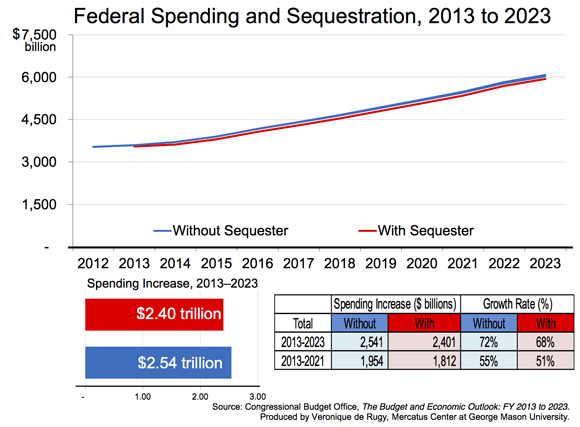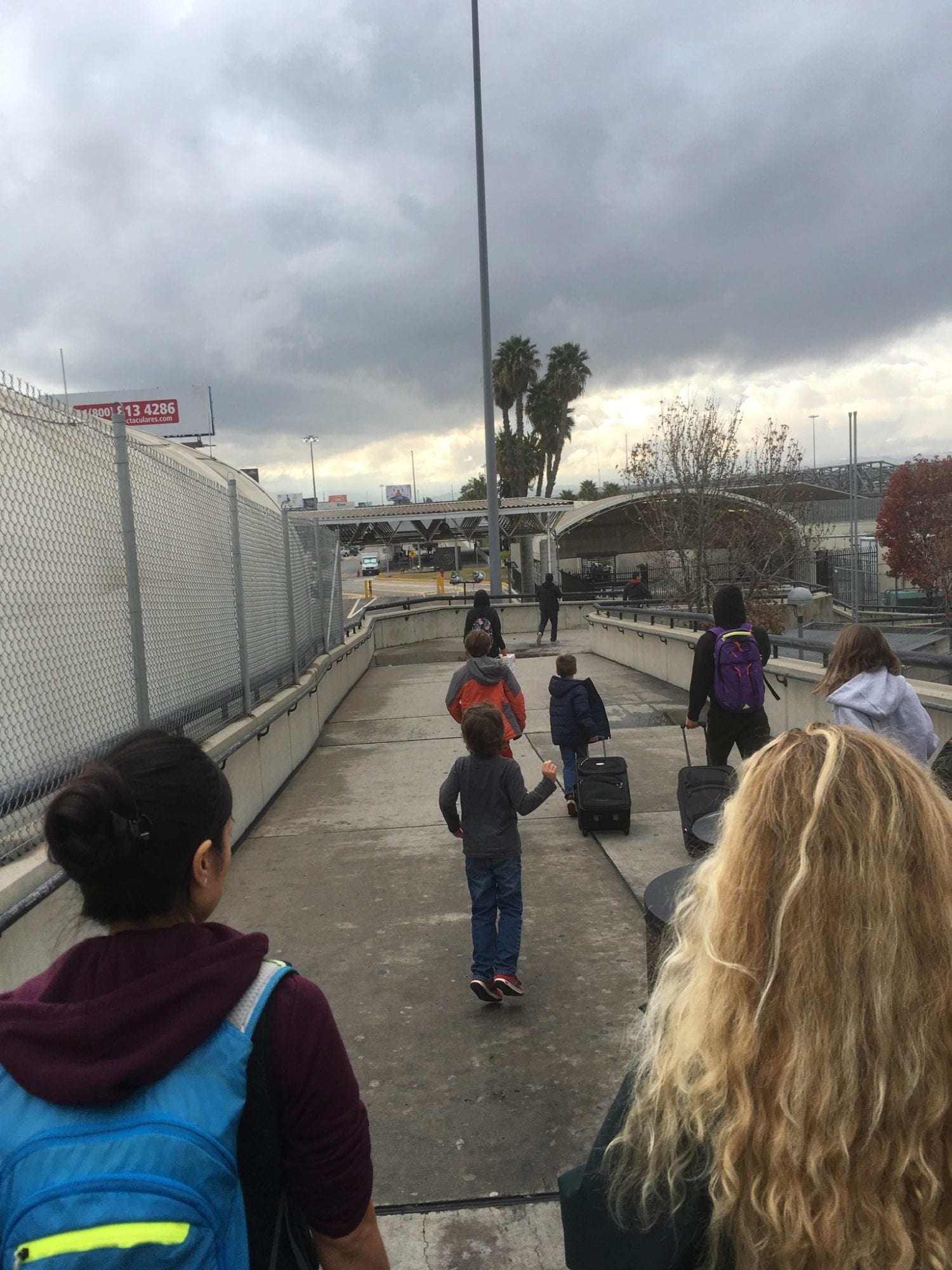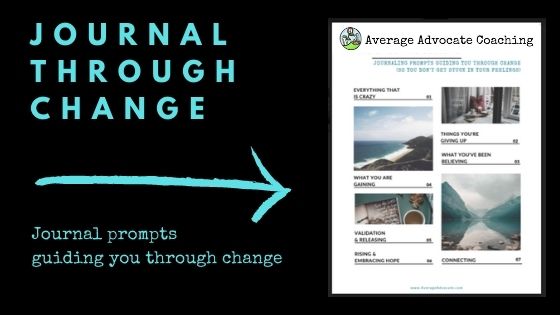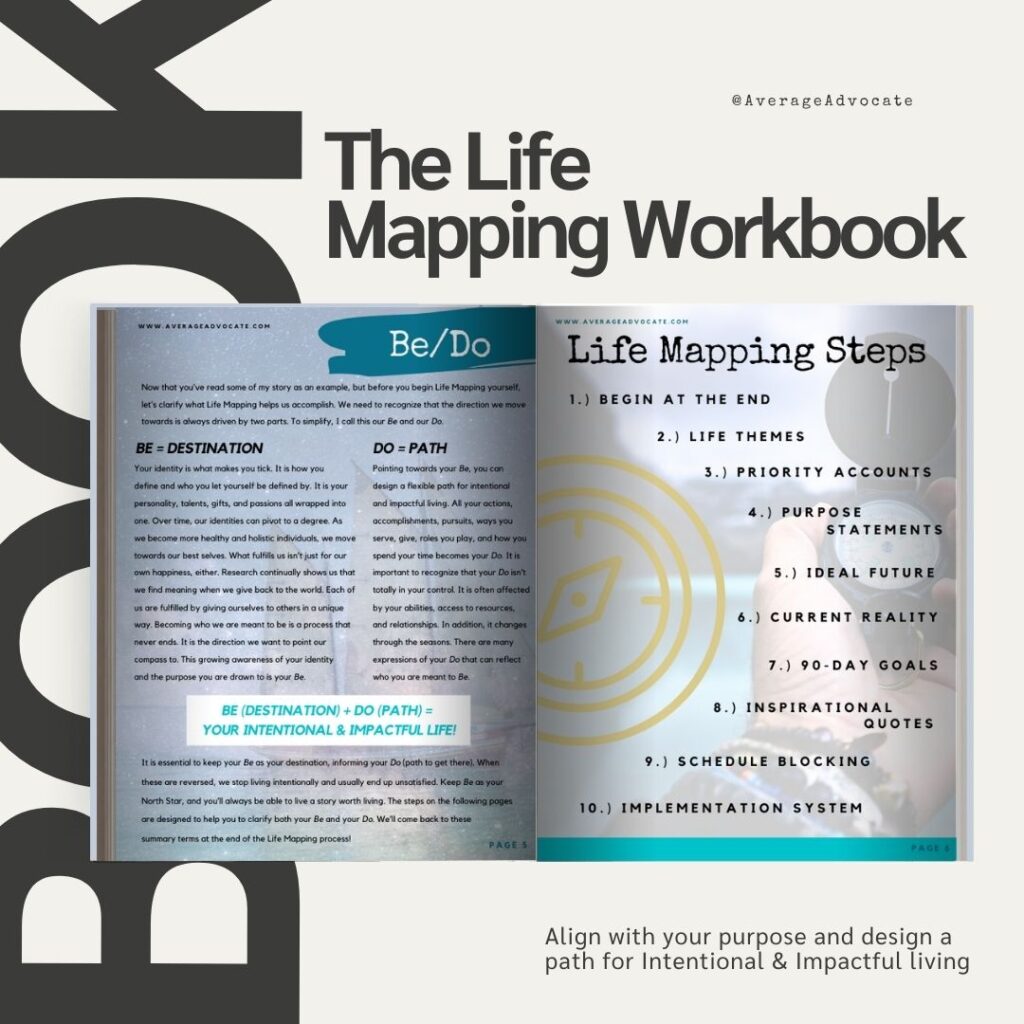The Trigger Button
Every one has some trigger buttons.
You hit your funny bone and you don’t laugh, you moan.
You hit my nose and I will stick my tongue out. That is just a normal family tradition.
You touch the toddlers toes and he will jerk around laughing.
You post a political comment on Facebook and all 350 of your like-minded friends click “Like” or share.
You offer me coffee, and I say “yes please.”
Another one of my trigger buttons?
Mention foreign aid. Yes, try it. Just mention it.
I am not sure why this one always causes me to react. Maybe it is because I tend to defend the underdog. Still, I think the reason foreign aid bothers me is because I think a lot of people have misconceptions about it that are just not true. But, because we believe these falsehoods, we tend to be against something which affects us little, but helps those who receive it a lot.
Obviously, in the United States right now, the budget is a big deal. In fact, most of my adult life it seems to have been a big deal, which is probably a good thing because our budget sucks. Here is my analogy: It is like we over-scheduled, accidentally making 50 appointments for each hour of the day. They all seem to be important dates, or at least they are all important to at least someone. No one wants their appointment cancelled. In fact, our country wouldn’t even know how to get through the day unless it kept almost all those appointments it can’t keep.
Although there are a lot of ways we can be more effective and efficient, we all generally agree that we don’t need to be scheduling additional appointments into our over-packed day (or budget, as I really mean). In other words, I can understand that not giving additional funds to certain projects is a must, such as growing our foreign aid budget. Yes, we have actually committed a lot more to foreign aid than we will probably ever give. That makes me sad because I like to keep commitments and I know people on the bottom need whatever aid that trickles down to them.
The Truth About Foreign Aid
The thing is, is that foreign aid isn’t like welfare. Most who benefit from this are people who very well might die without it. Poverty is relative; extreme global poverty is way different than poverty in the United States. Here we have much more opportunity to remedy our situation, like the ability to get jobs, or go to thrift stores or get a loan for an education.
But most of these places where foreign aid goes there is little to no opportunity of escape- there are few jobs and no career advancement- you are stuck trying to farm in a drought or search for firewood to sell all day. There is virtually no investment, except for those trying to reduce extreme poverty with microloans, like Kiva or World Vision. If you are sick from malaria (which most kids get in Africa multiple times a year), you can’t go to school, or if you are spending hours walking to get water every day, you can’t go to school. If you are lucky enough to have a school in the area and they let you go (even if you are a girl). And you can’t save to go to college because there are no banks, or if they are, it costs too much to use them. So where do you save money? In your hut without windows? And even when you do save, your family’s goat (and source of income) dies, so all your savings goes into staying alive. Then pile wars, internal conflicts, corruption in the government on top of all of this?
This, my friends is extreme poverty. This is what I am suggesting we don’t take money from. I realize I am stereotyping those in extreme poverty, but that is because in many cases these stereotypes are true.
I know there are questions about how the foreign aid money is used and if it is “good” aid or bad aid. I am still researching a lot of that. Personally, I think working through NGOs and non-profits are better, but I still see value in foreign aid. Why? Because I know of people at the bottom whose life is dependent on it, for example, with the life-saving anti-viral medication for HIV patients that foreign aid provides. In some places in Africa, HIV affects over one-in-four people! Can you imagine the damage that would do to the US infrastructure if one-forth of our people were sick with a deadly disease?
Just because we are born in the most free country doesn’t make me feel like these people in extreme poverty are any less and should suffer more just because they are not American. So, to go back on a promise to provide something (which we already aren’t mostly fulfilling) and the result is millions of deaths, many of which are children? I see that as pointless and wrong. Especially when there are so many other places in our budget we can cut.
I just have a problem with cutting what little we do give. I have had a massive poster on my wall for years of creatively designed circle graphs showing the US budget. In my kitchen I have a long skinny graph attached to my cork board which reminds me every day how much we spend on other things. The foreign aid budget isn’t even big enough to make it one of these graphs.
And here is the myth busted: WE DO NOT GIVE MORE THAN A DROP IN THE BUCKET TO FOREIGN AID!
Yep, currently, we give about 2% of our budget to foreign aid, most of which goes to diplomacy and maintaining embassies, etc… So really, it is less than 1% of our whole country’s budget goes to foreign aid that is really aid. And, considering bureaucracy, corruption, and possibly not even effective use of the aid, I don’t have a clue how much actually goes to help the lives of real people.
It is almost nothing.
But, on the other hand, we spend about 60% of our budget on our military. That is a lot. I wonder, would our world fall apart if we cut 10% from the military spending? What about 20%? I know at some point it would, but surely there are other areas to free money in before we take the miserly 1% away from those in extreme poverty.
I feel like if this, military, is where our treasure is (and therefore where our heart is, according to Jesus). I can’t help but wonder what this says about our country. It seems like all we care about is our own safety and security. At least, if you are judging us based on our budget.
I just would be ashamed if my own personal budget said I spent 60% home security and 1% of helping those in extreme poverty. And that 60% pays for home security guards that go to the length of scope out cities thousands of miles away because some people really don’t want me alive. I think I am all that great because people give me attention (or, at least want to kill me) which is how I justify spending that 60%. But really, am I that great? What makes a person (or country) great? Their power or their generosity?
Of course, government has a different purpose than individuals do, so this isn’t really fair. I am not trying to make anyone mad here. I am just asking you to consider this in a different light.
And by the way, I am not anti-military. Actually, I have no clue what I think about the military and war- I feel tension about it that I have never been able to nail down. True, I like feeling safe. I think my friends/family in the military are cool, and my most of my livelihood is dependent on the military as my husband does contact work for them.
But regardless, I do think we can sacrifice over 1% of our military budget, or become more effective with any of our spending before we sacrifice what little we have committed to helping the least of these.
Also, I think it is naive to expect that our aid doesn’t affect us, as gradually the positive affects of it come back to us. And when we don’t give it, it comes back to bite us in the butt, too. For example, from what I understand, although we were petitioned to invest in education in Afghanistan after their revolution (where we helped the Taliban win their war against communism), we didn’t. And instead girls were not educated and boy received a radical education. And now we are still partially at war in that country.
I am not making an argument for international intervention. I am only pointing out that not only does foreign aid help people that might otherwise die, I think it is also self-serving, helping us in the end.
The Sequestration and our American Rights
Recently, our government called for a ‘sequestration,’ which is what brought up the whole foreign aid trigger button again. I am not sure the sequestration is an effective means of reducing our budget either, as shown by the below chart. In ways it affects global aid, as well (like the development for an effective vaccine against Malaria). I realize the sequestration is hard for people who are experiencing it. I don’t want to lessen their difficulties. I understand, because due to the economy and tax increases, my family has lost a good chunk of our income ourselves. Its been challenging to adjust to this.
I know to get the US budget on track, we will all probably have to sacrifice and our lifestyles will be affected. Sometimes I feel like I should still be able to have the income we lost- it seems like it is my right to it- my husband earned it. But I want to fight that attitude of entitlement. What I have is still 80% better, even with my current sacrifices, than most in the world have! Is it that kids ‘right’ to get malaria five times a year because of where he was born? That girl’s ‘right’ to get raped, beaten, and sold in the sex slavery because of where she was born? Our rights shouldn’t be determined by where we were born. Sadly, reality is not made up of rights.
We tend to get so self-focused we focus on our right. We look at our own lives, not realizing the Two-Thirds World in a much worse scenario than we are, and stop being grateful for what we have. And we don’t experience the opportunity & blessing in giving to others and receiving from others, because we aren’t aware of needs or don’t have them.
I guess it is kinda weird to have those graphs hanging in my house among all my artwork and replicas of my favorite paintings. But I want to feel that tension every time I look at them- feel uncomfortable with the lack of our generosity and remind myself who suffers because of it. Because, even if I don’t do something amazing in response, and even if our federal budget never changes to get on track or help those who are facing poverty (or will be here, thanks to extreme cuts), at least I am not closing my eyes to the reality of the needy.

Similar posts:
Art of Advocacy: How the Sandy Hook Shooting Can Awaken Us











I’m not sure how to officially comment on this one, but here goes: as conservative as I can be about things, I agree with you…with one statement that clarifies the role of the sequester in all of this budget mess.
There is, and has been allowed to be, a great deal of military spending due to its ever-expanding “waste” line. Why? Because it is a political death knell to even mention that there might be some places they could cut spending. There is at least one example I’ve mentioned to you personally where merely because of inefficient planning lots of money was lost. Money that definitely could have been better spent. But, instead of addressing an internal (and perhaps more complicated) personnel & policy issue, the armed forces as a whole are thinking about charging people a toll to drive on base! The daily tolls/work tax/vehicle pass (whatever you want to call it) starts at about 10-15$ per day for the lower enlisted ranks and eventually goes up to about 25$ per day for the higher officer ranks. No exceptions. Could you imagine the 267 being the only way to reston and our husbands having to pay just to get to work in the a.m? The enlisted folks have a hard enough time meeting bills. My prediction if that proposal goes through unchanged: the military will have to spend their newfound purse prosecuting all the service members going AWOL because they literally can’t afford to honor their contracts. Another great idea to impose a tax and then spend the revenue wastefully.
Anyway, I digress. The point I will echo that I think you make in your post is that no one wants to take their hand out of the cookie jar. So, you have everyone’s knickers in a twist at the Pentagon screaming: ” budget cut! The sky is falling! We’ll have to cut in to some muscle. There’s no fat on this pig!” Just so they don’t have to give up or re-evaluate anything. It’s the perfect political machine. So, yes, on it’s own, the military has plenty of opportunity to cut the fat, but routinely doesn’t because of it’s unique politico-social standing.
Add in a dash of sequester and the answer changes a bit. The problem with sequester is that the military is only allowed to cut in certain areas and then the money saved may not be redistributed (like putting more towards foreign aid or even other DOD procurement projects). That is why the sequester, although in the big picture not a large cut from the overall budget as your graph suggests, is a big deal. There are areas that can and should be reigned in, but are disallowed because of how the sequester was written. And that is the reason why people are dreading these furloughs. Here’s the numbers: say a federal worker has a family of 4 and makes a gross pay of 62k per year. At a 20% pay reduction for the year, that person now grosses only 49,600. With the cost of living in the DC area, that is major trouble for anyone’s finances. In fact, had Sean taken a job with the Federal Protective Service last year instead, we would be losing our apartment, moving myself and the kids back into my parents house, and renting a room just for Sean during the week to live paycheck to paycheck. Don’t forget taxes have gone up this year as well. The “lucky” folks who stand to lose only 10% of their gross pay fair only a little better.
I’m honestly not trying to be all doomsday about the situation. But, it is very serious for a good many folks here in Nova and DC. It certainly has the potential to eat any recent gains our economy has made.
Please also don’t read this as an angry response. Just a reply to a friend in the true course of intelligent conversation that doesn’t include phrases like: “did you wipe
Your bottom after going poop? Are you sure?” Lol.
Your Friend In Favor of a Better World and a Better America,
Ksm.
I thought you might be interested in this article: MAKING IT HURT:Feds Fund Robo-Squirrel, EcoATM Despite Sequester. http://www.foxnews.com/politics/2013/03/16/funding-for-robo-squirrel-and-ecoatm-are-among-projects-gop-senator-wants-cut/
This article is exactly the craziness I was talking about the other day. Because of this “sequester” there are funds for a robo squirrel, but not for further R&D on heart disease. It’s totally wacko!